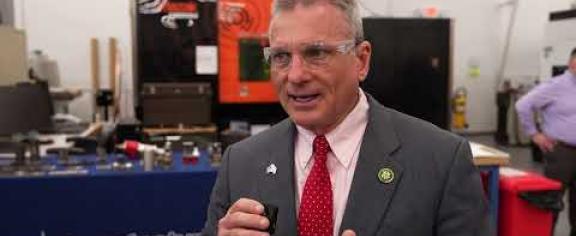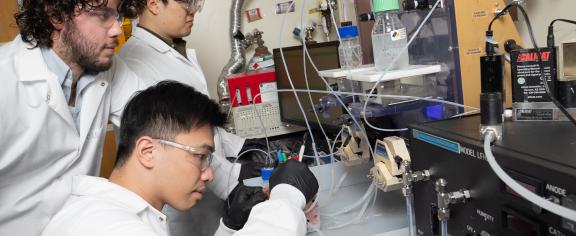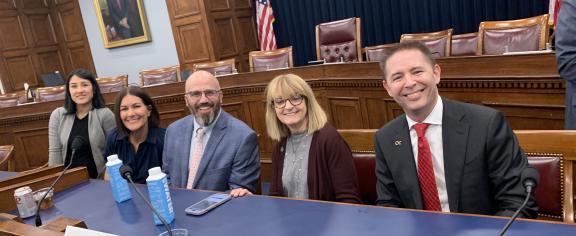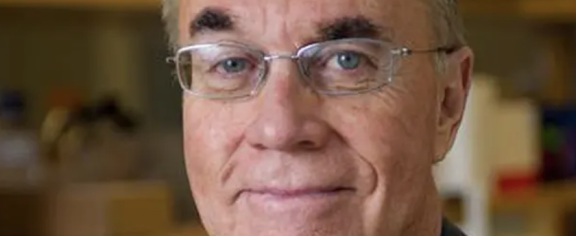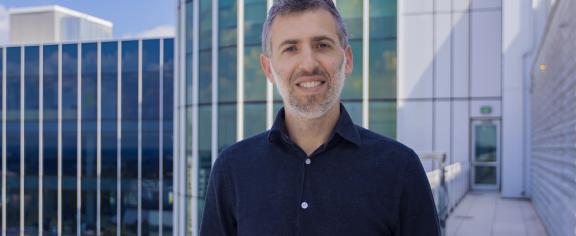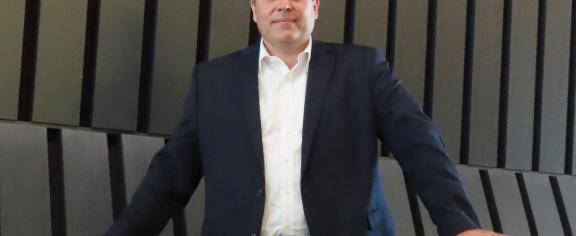2022-07-19
Researchers have developed a methodology to determine why coastal glaciers are retreating, and in turn, how much can be attributed to human-caused climate change.
2024-04-26
Program pairs U.S. academics and professionals with institutions abroad to share expertise, strengthen relations, hone skills, gain international experience, and learn about other cultures.
2024-04-24
Buddy Carter visit focused on scope of innovation to address challenges
2024-04-25
A team led by Marta Hatzell designed a new electrochemical reactor to seamlessly integrate into direct air capture systems and turn CO2 into useful raw materials.
2024-04-24
Chris Rozell traveled to Washington, D.C. to share the impacts of the past decade of brain research funded by the NIH BRAIN Initiative with Congress — and share with local representatives how Georgia Tech is playing a key role in leading the charge.
2024-04-23
The team used a computational math theory to identify gene-gene interactions that may be good targets for treating basal-like cancers that are resistant to traditional hormone therapies.
2024-04-19
Grant is third NIH award for health technology startup.
2024-04-18
Aaron Levine, associate dean for research and outreach in the Ivan Allen College of Liberal Arts, has been named a fellow of the American Association for the Advancement of Science (AAAS), the world’s largest multidisciplinary scientific society.
2024-04-16
Even minor cyberattacks can cause a fearful reaction from the public.
2024-04-09
Effective July 1, Eric Vogel will become the executive director of the Institute for Matter and Systems (IMS), Georgia Tech’s newest Interdisciplinary Research Institute (IRI) that will launch on the same date.

